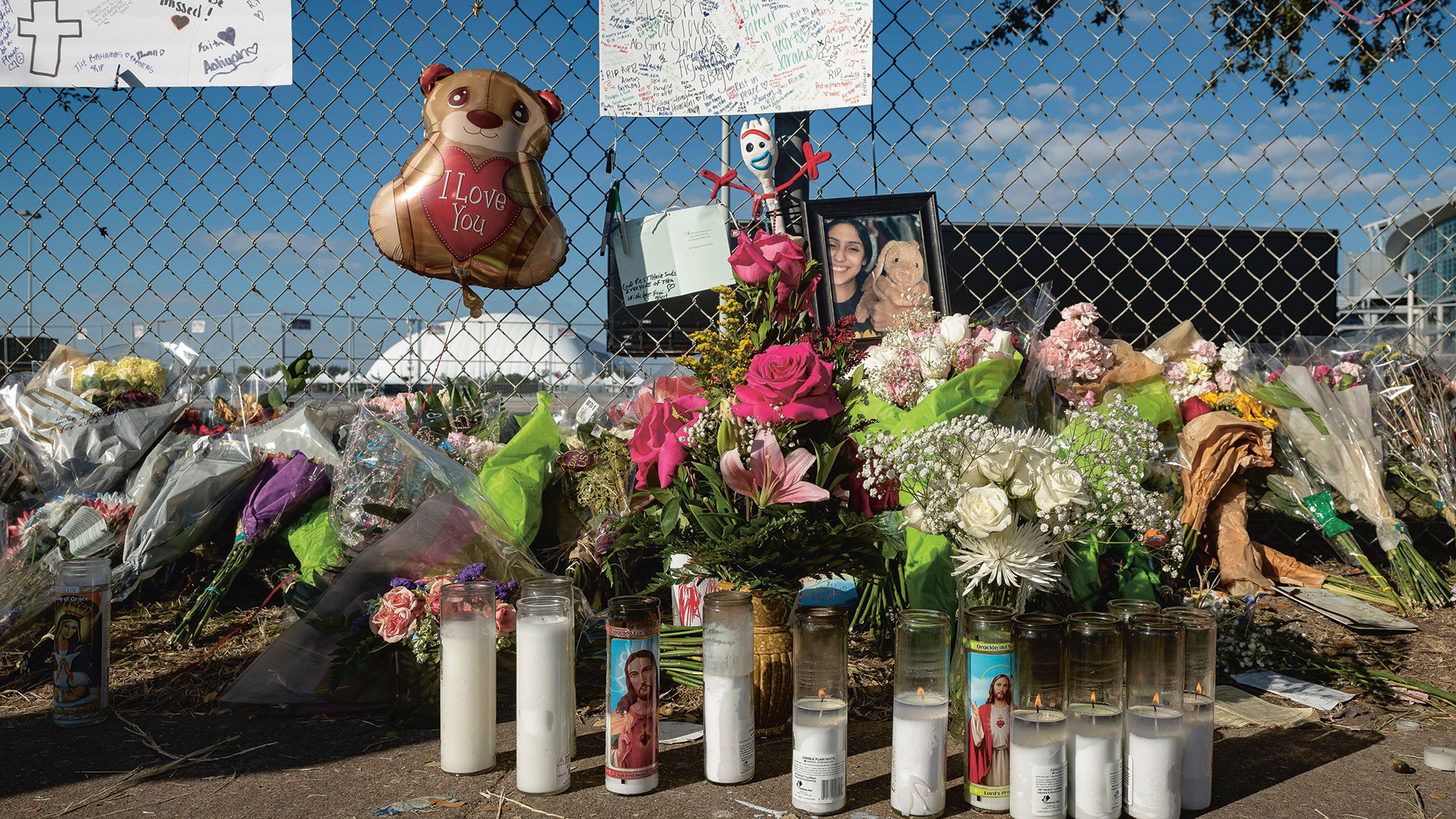On and just after the night of November 5, 2021, 10 people between nine and 27 years of age died because of a crowd crush at US rapper Travis Scott’s Astroworld Festival in Houston, Texas. Twenty-five people were hospitalised, and more than 300 were treated for injuries on site.
As the nightmare unfolded, Scott played on to the end of his set, encouraging his fans to stage dive, make the ground shake and stick their middle fingers in the air, even as ambulances crept through the dense sea of humanity extracting lifeless young bodies from the fray.
Less than six months later in late April 2022, the Coachella Valley Music and Arts Festival took place in the California desert, welcoming around 750,000 people over two consecutive weekends to an event which took place in more or less exactly the same shape as it would have had the Astroworld disaster never happened (save for Scott being dropped from the bill, though he made a point of appearing at one of the festival’s unofficial afterparties). No serious crowd problems were reported, everything went well. And yet – what if?
The legal fallout from last year’s Astroworld has been enormous, with all sorts of litigation reportedly collectively worth billions of dollars flying around in the search for justice for the victims, and for answers as to who, if anyone, was to blame.
Some point the finger at organisers, authorities, and festival security. Some wrongly say it was the fault of rap music and rap culture itself. Many blame Scott. Both as Astroworld’s founder (the festival is named after one of his albums), and as the headline performer on that fateful night, who for whatever reason plainly failed to respond as young fans died at his feet. Scott for his part denies any culpability, has sought to have lawsuits against him dismissed and has shown only seemingly token remorse.
But more fundamentally, why hasn’t there been serious pause to make a forensic determination as to all the things which went so terribly wrong that night, such that 10 innocent young people never went home, and in order that such a tragedy will hopefully never again be repeated? Instead, festivals across the United States – and across the UK and Europe – are back with a bang for their first fully Covid restrictions-free summer in three years, as if Astroworld never even happened.









